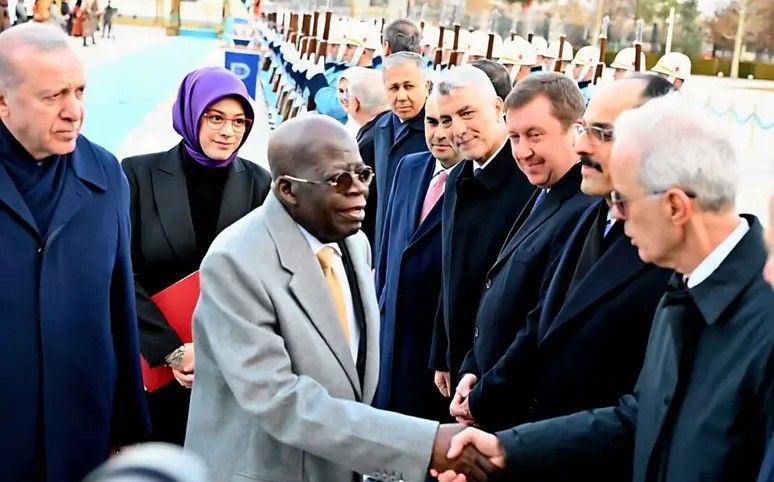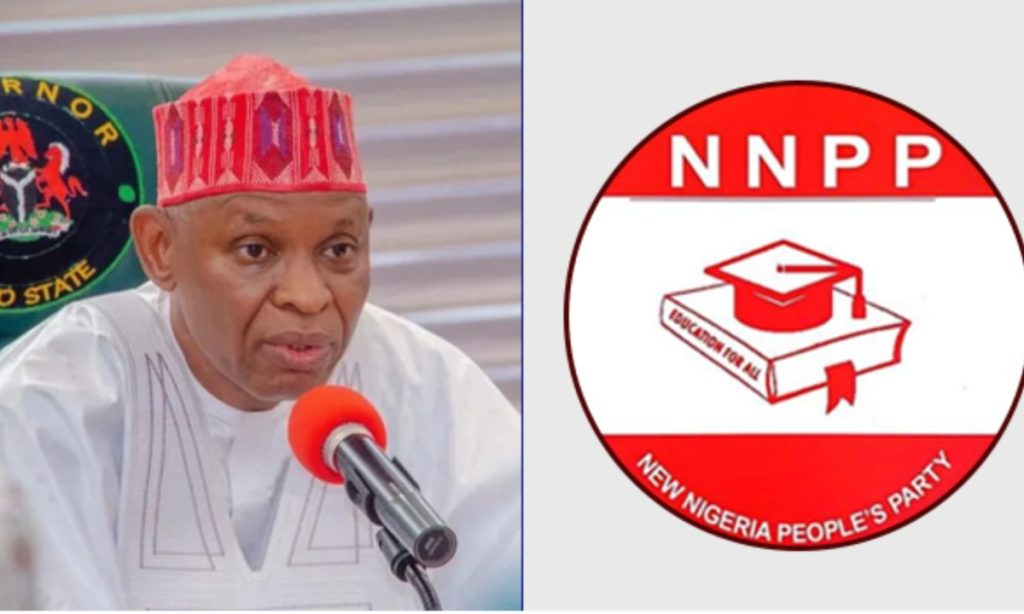Hundreds of prominent Hollywood figures have joined a call to boycott Israeli film institutions implicated in genocide and apartheid against the Palestinian people. The pledge, originated by Film Workers for Palestine, an international collective of film professionals formed in 2024, has garnered over 3,500 signatures as of Wednesday.
Signatories include major Hollywood actors such as Olivia Colman, Mark Ruffalo, Riz Ahmed, Emma Stone, and Ayo Edebiri, as well as directors like Ava DuVernay and Yorgos Lanthimos. In a statement, the collective emphasized the need to address complicity in the crisis in Gaza, where many governments are enabling the carnage. The group stressed that it is essential to take a stand against institutions that are implicated in human rights violations.
The boycott pledge specifically targets Israeli film institutions that are involved in whitewashing or justifying genocide and apartheid, or partnering with the Israeli government. This includes festivals, cinemas, broadcasters, and production companies. The collective clarified that it is not calling for a blanket boycott of all Israeli film institutions, but rather a targeted boycott of those that are complicit in human rights abuses.
The initiative was inspired by Filmmakers United Against Apartheid, a 1987 movement that saw over a hundred filmmakers, including directors Jonathan Demme and Martin Scorsese, refuse to screen their films in apartheid South Africa. Film Workers for Palestine also responded to a 2024 call from Palestinian filmmakers who accused Hollywood of dehumanizing Palestinians on screen.
The pledge comes on the heels of a pro-Palestinian demonstration at the recent Venice International Film Festival, which drew an estimated 10,000 participants. The demonstration was organized by a group called Venice4Palestine, which called on the festival to condemn the destruction in Gaza. The boycott pledge is a significant development in the ongoing debate about the role of cultural institutions in promoting social justice and human rights. As the situation in Gaza continues to unfold, it remains to be seen how the international community will respond to the call for accountability and action.



